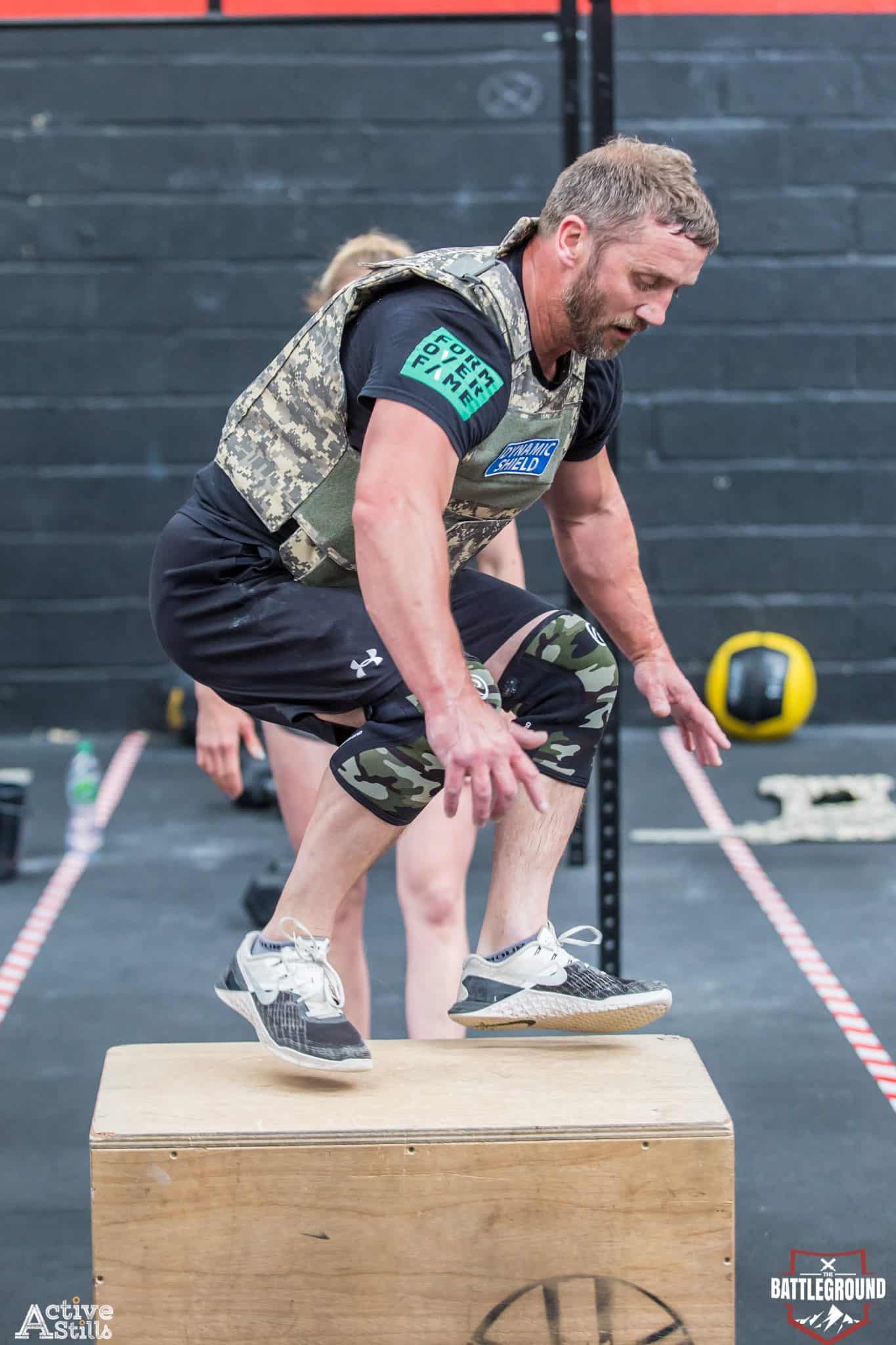Earlier this week I listened to a great podcast by Ben Bergeron. Bergeron is a performance CrossFit coach who continues to work with world champions in the sport. The topic of the discussion was the concept of training versus competing. This isn’t only relevant for competitive CrossFit athletes. It applies to all levels of competitive athlete as well as the regular gym goer. Here, we discuss the implications of failing to distinguish between the two.
What does Training for performance look like?
Training implies that there is a conscious decision to improve performance level. It also implies a level of critical thinking to identify and break down the contributory factors that influence performance. Think Sir David Brailsford and his philosophy of gaining a 1% advantage in every aspect of preparation. Training is also a process of performance improvement, rather than an outcome. Training may include some of the following:
- Drills to improve technique and efficiency
- Experimenting with and refining aspects of competitive strategy
- Conditioning to develop energy provision and power output
- Developing mental toughness
Those of us who ‘train’ are prepared to sacrifice immediate competitive performance in favour of longer term benefits. Not all training will prove fruitful in the long run, and you will often hear people talk about the art of programming and coaching. However, the athlete who trains is the one who is focussed upon developing a specific aspect of performance. They’re judging the success of their session against the performance of those around them.
What does Competing look like?
The competitor looks to win or perform to the best of their ability at every opportunity. Whilst the attitude can be commendable, it does have some flaws. Competitive trainers will concern themselves with the outcome of a workout:
- The loads lifted relative to PR’s.
- Times to complete pre-determined workouts or distances covered.
- Outperforming others around them (often based upon a perception of their relative abilities in a particular task).
Always looking to compete can be detrimental to long term performance. These athletes will often adopt a strategy within sessions that maximises performance at that moment in time. For example, they may compromise their lifting technique in order to finish a set in a faster time. Doing so means that they are rehearsing and reinforcing a poor movement pattern. This will limit long term performance and worse still, may lead to injury!
Stay in your lane
I use this phrase a lot when it comes to coaching the athletes and my personal training clients. I will also say this phrase many times each workout to myself. It’s a prompt that means ‘only focus on yourself’. Do not look around and concern yourself with what other people are doing. Focus on the element of training that is going to develop your performance in the longer term. This is far easier said than done but can make training much more fruitful and productive.
At NK Fitness we like to adopt this performance approach with all of our personal training clients. If you live in Ascot and would like to experience how Ascot’s leading personal trainers can help you realise your health and fitness goals then please contact us using the contact form and numbers provided.
